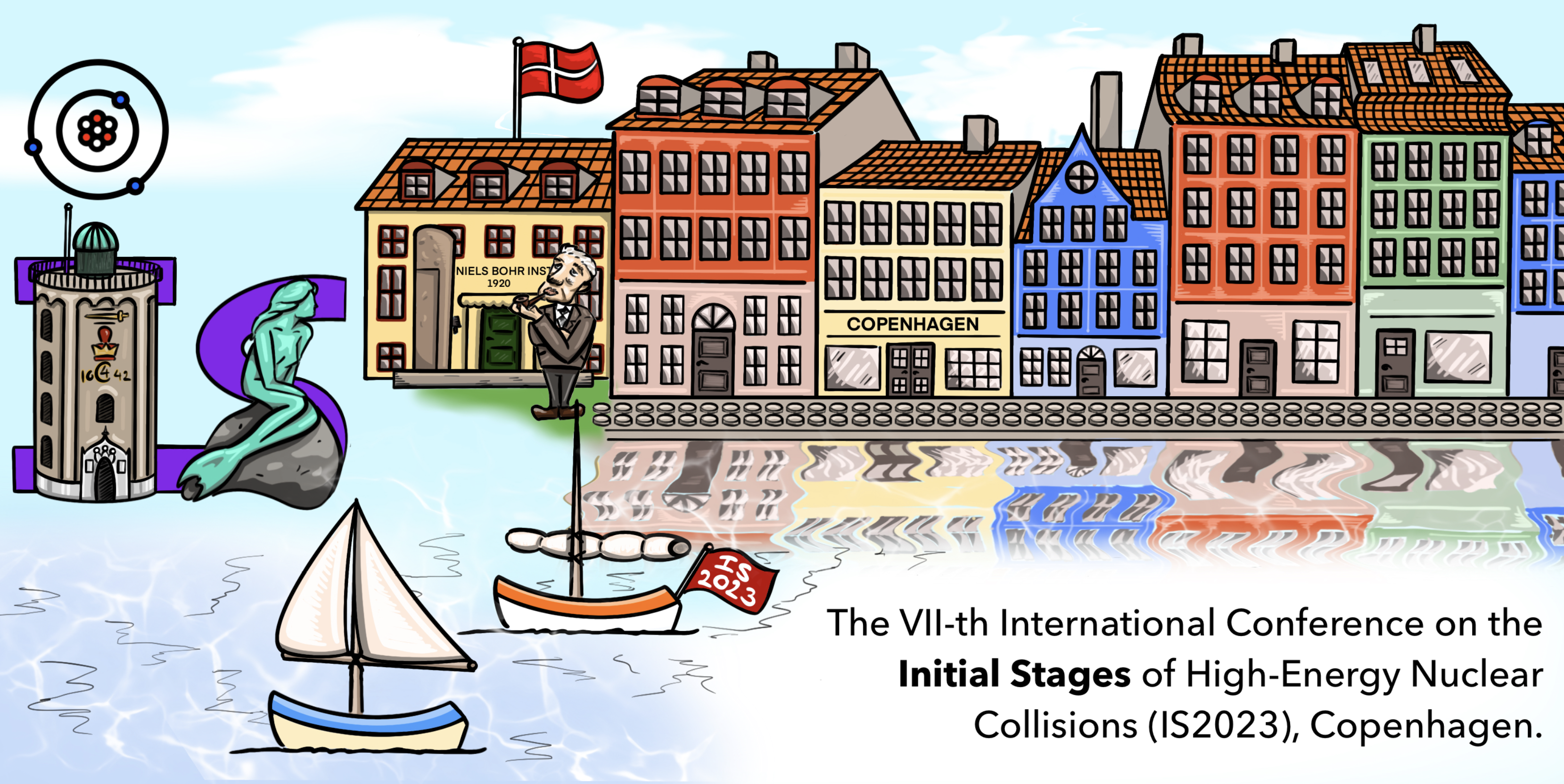Speaker
Description
A central question in heavy-ion collisions is how the initial far-from-equilibrium field-dominated medium evolves and thermalizes. In this work we use the two-particle irreducible (2PI) effective action for the first time with the goal of answering this question. The 2PI effective action is a non-perturbative framework which is derived directly from the underlying quantum-field theory and which encompasses existing descriptions of the initial stages of heavy-ion collisions, such as classical-statistical field theory and kinetic theory. It therefore gives a unified, microscopic picture of the initial stages. In this talk we focus on $\phi^4$ theory (which shares many features with QCD) in the 2PI framework truncated at three loops, as a proof of concept. We include longitudinal expansion fully which is essential for heavy-ion collisions as expansion and scattering compete in the process of thermalization. We calculate the evolution of energy density and pressure anisotropy, as well as the momentum distribution of quasiparticles in the medium, their width and thermal masses. This allows us to address open questions for the initial stages, such as how strong classical fields become quasiparticles, the role of vacuum fluctuations and the dynamics of soft modes. We discuss in detail the numerous challenges in this work, such as the renormalization of quadratic divergences and the treatment of longitudinal expansion which demands considerable computational resources.
| What kind of work does this abstract pertain to? | Theoretical |
|---|---|
| Which experiment is this abstract related to? | ALICE |
